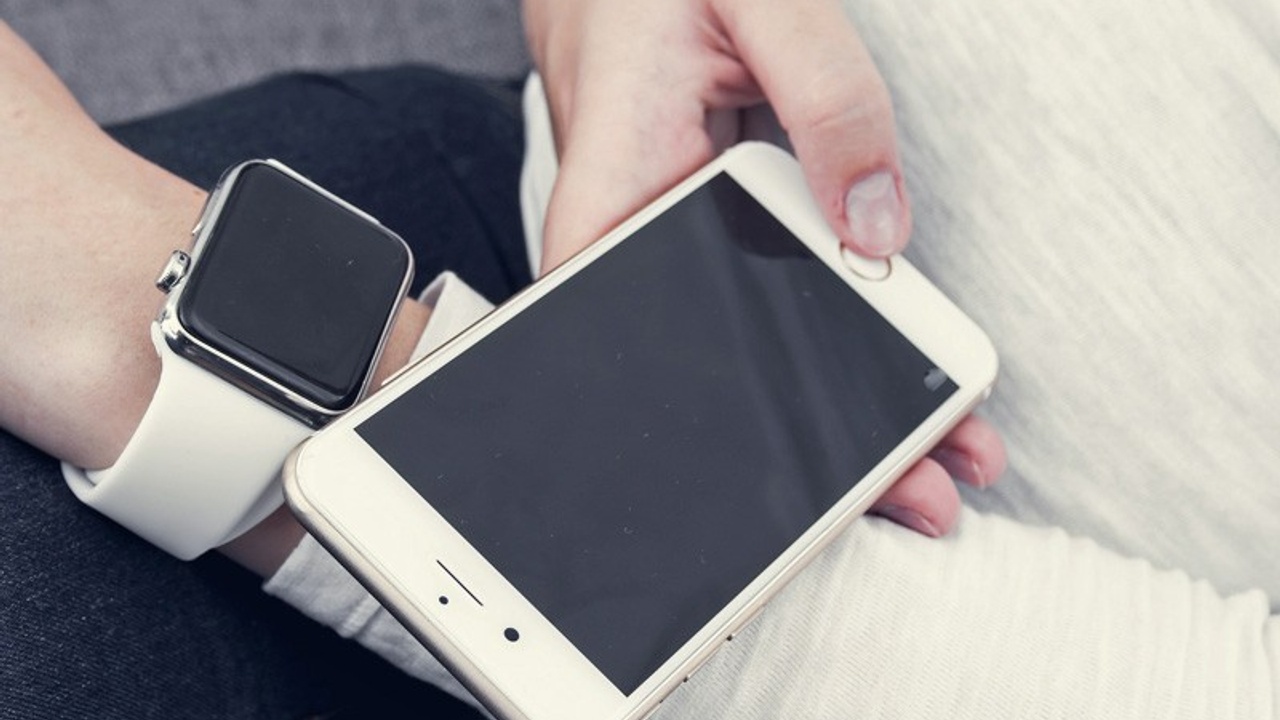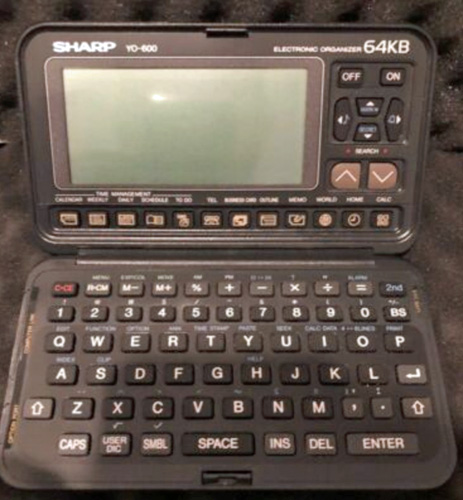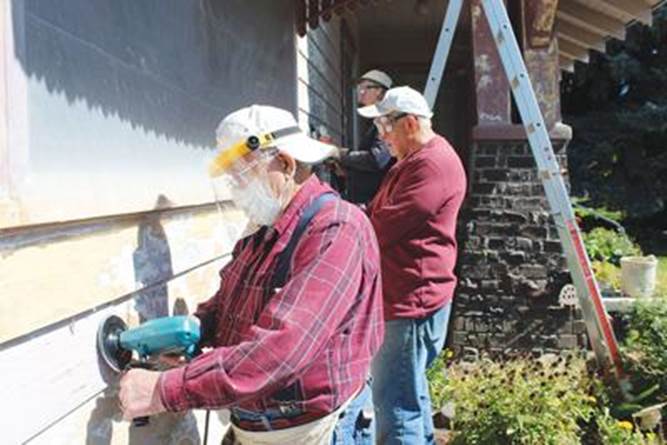Are You Too Efficient?
Jan 23, 2020
I stayed with some good friends recently and the strangest thing happened. My friend, Ted, picked me up at the airport. And then he dropped me off at the airport at the end of the weekend. Surely he’s heard of Uber, right?
Ted is a busy guy. He’s got a full house of kids, pets and a wife. He’s got a job with a lot of responsibility. He’s got an old house that has an endless list of projects to demand his attention. What’s he doing taking 90 minutes out of his day on two occasions on one weekend? Why not Lyft? And why did it feel so counter-cultural?
We live in an amazing time. If you want it and can afford it then it’s yours. Now. Instantaneously. We’re in the midst of our whole life becoming Amazon Primed. Transport: Uber & Lyft. Food: DoorDash, GrubHub. Entertainment: Netflix, Hulu and now Apple. Projects at home: TaskRabbit, Takl. Healthcare on demand is just around the corner.
We can even pay people to be our friends. Yes, there’s such a service: www.rentafriend.com.
What’s not to like?

An efficiency tool from the ‘90s: The Sharp YO-600
If efficiency is a god, then I am a worshipper – front pew. When I was in college in the ‘90s, PDA meant public display of affection. But not for me, I was an electrical engineer. I was one of the first adopters of the real PDAs: personal digital assistants. I purchased a Sharp PDA with a keyboard to keep all of my contacts. There was no way to get data off of it, it was slow and battery life was miserable. But, in my mind, it made me more efficient so I picked it up and became a power user.
Of course, the ‘90s was mere child’s play compared to today. My old phone died recently and I upgraded to the latest iPhone. It’s got it all. Email. Video. Movies. Sports. Kindle. Camera. Strava. Endless battery life. All on a 5G network. I can maximize every minute of my day in line with my highest priorities; it’s Heaven for those that praise efficiency.
But not all cultures elevate efficiency to deity status. Take Africa for example. A friend who has traveled there frequently sums it up well: Americans have watches, Africans have time. Hmm.
Ted lived for a stretch in Africa well before today’s heyday of efficiency in the States. He said that in his experience much of the economy was based on doing things for others. Someone would do a favor for another. No money would be exchanged, but a tacit agreement was formed. One would be indebted to the other until a return favor was provided. Then the tables were turned. This could back and forth for years and span generations. I’m sure it could get messy when accounting is subject to interpretation and memories fade, but it links services rendered to relationships with others.
When life becomes pure transactions – pure digital transactions – we lose the opportunity for a transaction to become a relationship. It doesn’t have to necessarily be a deep relationship – there’s plenty of evidence of the value of weak tie connections. However, some weak ties grow to strong ties with more time spent and the right bit of chemistry. These deep connections are priceless.
People and relationships are messy but the alternative is worse. At this point, everyone is talking and writing about the damaging impact of social isolation and loneliness. The former US Surgeon General, Vivek Murthy, was one of the first to declare our country facing a loneliness epidemic in 2017. His book, Together: The Healing Power of Human Connection in a Sometimes Lonely World, comes out in the spring. My bet is these conversations have only begun. None of us are equipped to thrive in this gilded age of efficiency.

So what should we do?
We should err on the side of becoming intentionally inefficient. As a friend and mentor of mine once summed up his life’s advice: ruthlessly eliminate hurry from your life.
A strange thing happens when we become intentionally inefficient: we get to experience life. We’re not double booked and running from one event to another. We’re able to be present and connect with those around us. We’re able to see the person, not just the transaction.
We have an opportunity to take advantage of place. Have a front porch? Use it. A kitchen to host people? Use it. Have a basketball hoop that goes underused? Invite some kids in the neighborhood to use it. Need some help around the house? Eschew the latest app and reach out to a neighbor. As my mom told me growing up, the best way to make a friend is to ask for help.
Turn the TV off, put the phone down and get involved in your community. More groups are making it easier to connect with people of all ages to help each other. For example, Encore.org just launched a Gen2Gen Cities report to help share best practices for creating intergenerational connectivity. This is productive intentional inefficiency.
And, when you have a need that could be serviced by an app, pause for just a moment and consider if it’s too efficient, or if there’s another way. Because, in the end, our on demand world has huge advantages but not if we rely on it exclusively.
And, let me know if you visit Austin and need a ride. I’ll do my best to pick you up.
Take the Right Place, Right Time Assessment
Are you in the right place for right now? This quick assessment will reveal opportunities to improve your life.
Subscribe to The Blog
We hate SPAM. We will never sell your information, for any reason.

